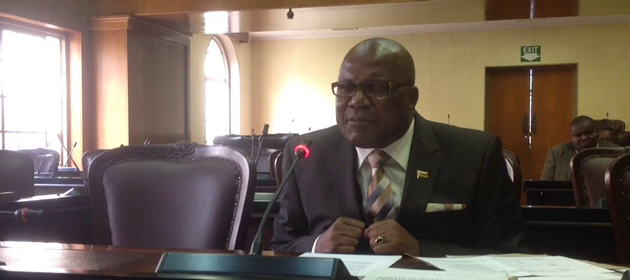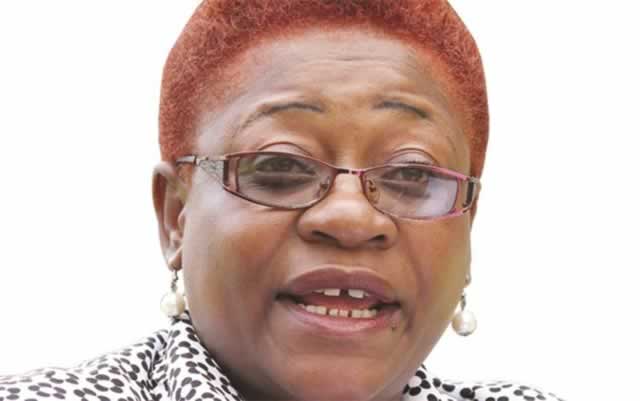EDITORIAL COMMENT: Nation’s pillars must be safe from barbarians

In the past few weeks, there has been renewed debate on the interface between the media and the security establishment. The Minister of Media, Information and Broadcasting Services Christopher Mushohwe towards the end of last year warned journalists not to recklessly trudge into military issues, pointing out such recklessness was akin to venturing into crocodile-infested waters.
The Permanent Secretary in the Ministry, Mr George Charamba, was to corroborate that, saying the sector was “sacred”.
The private media have made a renewed assault on the security sector and concocted reports that compromise not only the operations of the sector, but also demean their standing in the eyes of the public at a time the same media and its opposition allies have been mooting anarchy for political ends.
We must state from the onset that media freedom is universally acknowledged.
It is enshrined in the United Nations Declaration of Human Rights which states in Article 19 that; “Everyone has the right to freedom of opinion and expression; this right includes freedom to hold opinions without interference and to seek, receive and impart information and ideas through any media and regardless of frontiers.”
In 2012, a Report of the Special Rapporteur on the promotion and protection of the right to freedom of opinion and expression noted that “journalism must be seen as an activity and profession that constitutes a necessary service for any society, as it provides individuals and society as a whole with the necessary information to allow them to develop their own thoughts and to freely draw their own conclusions and opinions.”
It added that: “By exercising the right to seek and receive information, individuals can make informed decisions and express their opinions freely and participate actively in a democratic system.”
These tenets have been adopted at continental and local levels with Zimbabwe’s Constitution giving force to this right. It is agreed that for any democratic state to function, the media should be able to operate fully and act as the Fourth Estate; that is, occupying a fourth and equal, complementary role to other arms of State such as the Executive, Legislature and Judiciary.
The development of media in a country as a democracy can be said to be reflected in its configuration and conduct.
This correlation is self-evident: where democracy thrives, media also thrives and as democracy and media are both functions of development, the existence of vibrant democracy and media is mirrored in the level of development.
This is to say media should be a force for good. The Fourth Estate should be complementary to the other three arms of State, even when these may act upon each other to effect the necessary checks and balances.
Now, this is where trouble begins. Without beating about the bush, the media in Zimbabwe, especially as represented by the private sector, has not been a force for good.
It has not played a complementary role to the aspirations of the State, but has actively sought to undermine the same. The so-called independent media have been disseminating information seeking to influence the people of Zimbabwe to vote out the present Government and undo the State machinery of which security and military are part.
Hence, reports specifically targeting the security sector have not been for the strengthening of those organs or highlighting their role in national development and protection of the country’s integrity and sovereignty, but to bring contempt and revulsion towards the establishment and deny it legitimacy. The private media wants the citizens to believe the security establishment is an enemy of the people and that its personnel are more well fed and pampered than the rest of us.
In fact, the private media seeks to project the security establishment as anti-people, hence dubious calls for the so-called civilian leadership of the forces under the so-called security sector reform.
The private media has been unashamed in calling for security sector reform, which in essence is the removal of individuals that are not favourable to the ultimate goal of regime change in Zimbabwe. Thus the private media cannot today claim to be a bona fide member of a genuine Fourth Estate when they are working at cross purposes with national goals and aspirations.
We know they do not like the Executive, the Legislature and Judiciary as presently constituted.
They would rather see the slate of State wiped clean — the regime changed. This we know and they cannot pretend otherwise.
Armed with this knowledge, too, the authorities in this country do well to warn the mischievous lot. Mischief makers should steer clear. And if they do not, action should be taken to ensure that the nation and its vital pillars remain safe from barbarians.







Comments